Choosing a major in college can be challenging! Deciding to do a biology major, a chemistry major, and a biochemistry major in college involves considering their coursework, potential career prospects, and the future opportunities they can lead to. The popularity of biology, chemistry, and biochemistry majors in college can vary based on factors such as current trends, career opportunities, individual interests, and the unique strengths of each field. Their popularity can also be influenced by cultural and societal factors.
Biology Major:
Coursework:
- Biology majors study living organisms, their functions, interactions, and evolution. This field covers a wide range of topics, including genetics, physiology, ecology, microbiology, and molecular biology.
- Courses may include cell biology, genetics, physiology, ecology, evolution, and biochemistry.
Prospects:
- Career options for biology majors include research (both academic and industrial), healthcare, environmental science, biotechnology, pharmaceuticals, teaching, and more.
- Graduates can work as research scientists, laboratory technicians, healthcare professionals, conservationists, or science communicators.
Future:
- Biology graduates are positioned to contribute to fields like genomics, personalized medicine, and synthetic biology.
- Opportunities exist in addressing global challenges such as climate change, disease prevention, and biodiversity conservation.
Biology has traditionally been a popular major due to its wide-ranging appeal and relevance to various career paths. Its popularity is driven by factors such as:
- Medical and Healthcare Aspirations: Many students interested in pursuing careers in medicine, dentistry, pharmacy, and other healthcare professions choose biology as a major because of its strong foundational knowledge in the life sciences.
- Diverse Career Paths: Biology offers pathways into various fields, including healthcare, environmental science, research, conservation, and biotechnology. This diversity attracts students with a broad range of interests.
- Rising Interest in Biotechnology: As biotechnology advances, biology majors have opportunities to work in cutting-edge fields like genomics, genetic engineering, and personalized medicine.
Chemistry Major:
Coursework:
- Chemistry majors focus on the study of matter, its properties, composition, and transformations. They explore the fundamental principles of atoms, molecules, and chemical reactions.
- Courses may include organic chemistry, inorganic chemistry, physical chemistry, analytical chemistry, and biochemistry.
Prospects:
- Chemistry graduates can pursue careers in research and development, pharmaceuticals, materials science, chemical engineering, environmental science, forensic science, and more.
- Jobs include roles such as analytical chemists, medicinal chemists, chemical engineers, quality control specialists, and lab managers.
Future:
- Chemistry graduates play a pivotal role in innovation, contributing to the development of new materials, pharmaceuticals, energy sources, and sustainable technologies.
- Collaboration with other disciplines, like biology and physics, is common for addressing complex challenges.

Chemistry also has a solid level of popularity, driven by its importance in multiple industries and scientific research. Factors contributing to its popularity include:
- Key Role in Industries: Chemistry is fundamental to industries such as pharmaceuticals, materials science, chemical engineering, and manufacturing. Students interested in contributing to these fields often opt for chemistry majors.
- Interdisciplinary Potential: Chemistry’s interdisciplinary nature allows students to collaborate with other scientific disciplines, including biology, physics, and engineering, enhancing its appeal to a broader audience.
- Problem-Solving Focus: The analytical and problem-solving skills developed in chemistry programs are highly valued in research and industry settings.
Biochemistry Major:
Coursework:
- Biochemistry majors study the chemical processes within living organisms, focusing on the molecular mechanisms that underlie biological functions.
- Courses cover topics such as protein structure, enzymology, metabolism, molecular genetics, and cellular signaling.
Prospects:
- Biochemistry graduates are well-equipped for careers in research, pharmaceuticals, biotechnology, and healthcare.
- Opportunities include roles such as bioinformatics specialists, biotech researchers, clinical laboratory scientists, and molecular biologists.
Future:
- Biochemistry is crucial for advancing fields like medical research, drug development, and biomedicine.
- Graduates can contribute to areas such as designing targeted therapies, studying genetic disorders, and understanding the molecular basis of diseases.
Biochemistry is a specialized field that has been gaining popularity due to its unique blend of biology and chemistry. Factors contributing to its popularity include:
- Molecular Understanding: As advancements in medical research and biotechnology require a deeper understanding of molecular processes, biochemistry has gained importance in these fields.
- Research and Innovation: Biochemistry is at the forefront of understanding diseases at the molecular level, developing new drugs, and advancing personalized medicine. Students passionate about research and innovation are drawn to this major.
- Interdisciplinary Bridge: Biochemistry bridges the gap between biology and chemistry, making it appealing to students interested in both disciplines.
Overlap: Biochemistry is the overlap between biology and chemistry, focusing on the chemical processes within living organisms.
Focus: Biology is broader, focusing on the study of living organisms, while chemistry is centered on matter and its transformations. Biochemistry combines both aspects.
Skills: Biology majors develop skills in biological research and data analysis. Chemistry majors gain expertise in chemical reactions and synthesis. Biochemistry majors bridge these skills for studying molecular mechanisms.
Interdisciplinarity: Biochemistry inherently combines principles from biology and chemistry. It’s highly relevant to biotechnology and medical research, requiring collaboration with both fields.
Career Pathways: Biology majors may lean towards healthcare and environmental sciences, chemistry majors towards materials and chemical industries, and biochemistry majors towards biotech, pharmaceuticals, and medical research.
Conclusion: Your choice among biology, chemistry, and biochemistry should align with your interests and career goals. If you’re passionate about understanding the molecular mechanisms of life and contributing to medical breakthroughs, biochemistry might be appealing. If you’re interested in living organisms and ecosystems, biology is suitable. For those intrigued by the properties of matter and chemical reactions, chemistry offers a strong foundation. Consider your desired impact on research, innovation, and solving real-world challenges when making your decision.
Symptoms: Epidural Hematoma vs Subdural Hematoma vs Subarachnoid Hemorrhage
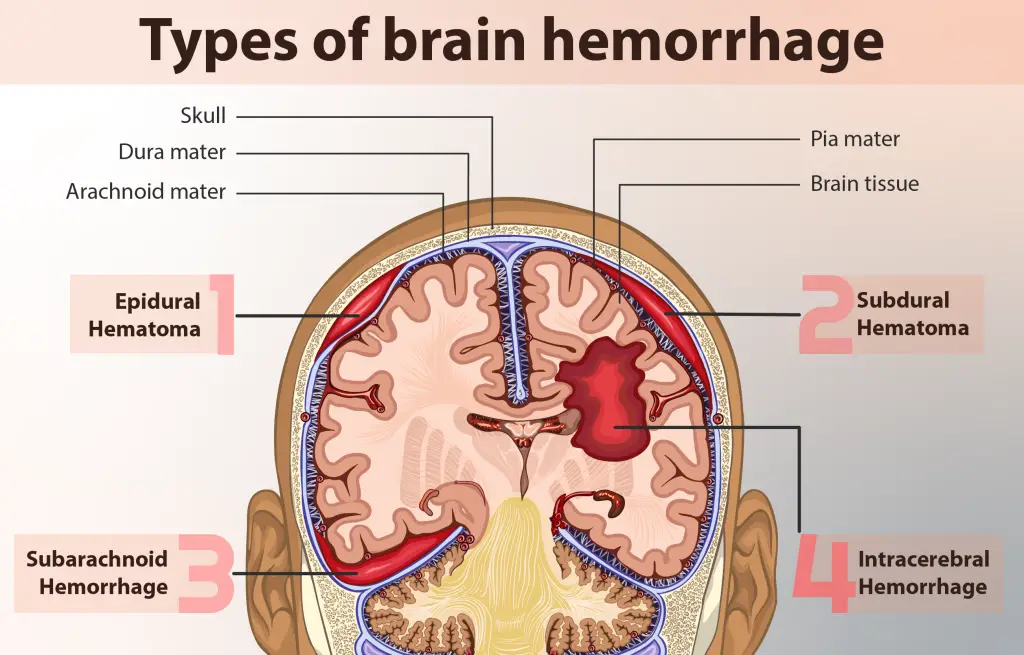
Summary table: Biology Major vs Chemistry Major vs Biochemistry Major
| Aspect | Biology Major | Chemistry Major | Biochemistry Major |
|---|---|---|---|
| Coursework | Study of living organisms, genetics, ecology, and molecular biology. | Study of matter, chemical reactions, and principles of atoms and molecules. | Focus on molecular mechanisms within living organisms, covering protein structure, metabolism, and genetics. |
| Prospects | Research, healthcare, biotechnology, environmental science. | Research, pharmaceuticals, materials science, chemical engineering. | Biotech research, pharmaceuticals, medical research, molecular biology. |
| Future | Genomics, personalized medicine, addressing global challenges. | Innovation in materials, pharmaceuticals, energy, interdisciplinary collaboration. | Medical research, drug development, understanding molecular basis of diseases. |
| Overlap | Biology with a broad focus on living organisms. | Chemistry with a focus on matter and chemical reactions. | Combination of biology and chemistry, focusing on molecular processes. |
| Skills | Biological research, data analysis. | Chemical reactions, synthesis. | Bridge between biology and chemistry, studying molecular mechanisms. |
| Interdisciplinarity | Collaboration with various fields, e.g., environmental science. | Interdisciplinary roles, collaboration with biology and physics. | Essential bridge between biology and chemistry, crucial in biotech and medical research. |
| Career Pathways | Research, healthcare, environmental science. | Pharmaceuticals, chemical industry, materials science. | Biotech, pharmaceuticals, medical research. |
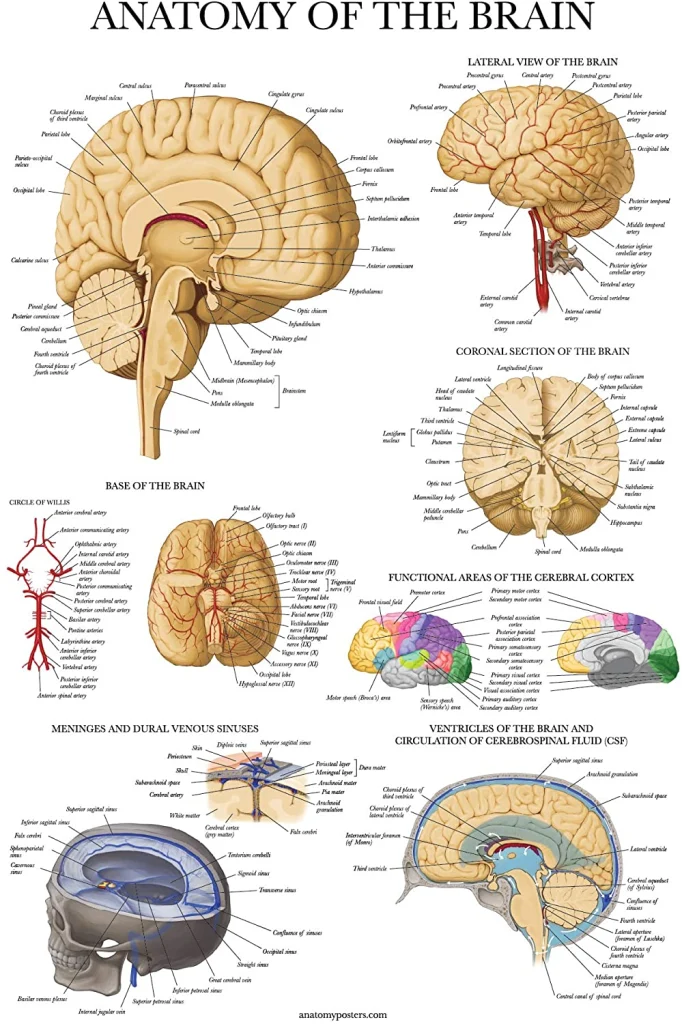
Check out these popular articles 🙂
Circulatory System: Blood Flow Pathway Through the Heart
Ectoderm vs Endoderm vs Mesoderm
Circulatory System: Heart Structures and Functions
Ductus Arteriosus Vs Ductus Venosus Vs Foramen Ovale: Fetal Heart Circulation
Cardiac Arrhythmias: Definition, Types, Symptoms, and Prevention
Upper Vs Lower Respiratory System: Upper vs Lower Respiratory Tract Infections
Seven General Functions of the Respiratory System
Digestive System Anatomy: Diagram, Organs, Structures, and Functions
Kidney Embryology & Development: Easy Lesson
Psychology 101: Crowd Psychology and The Theory of Gustave Le Bon
Introduction to Evolution: Charles Darwin and Alfred Russel Wallace
Copyright © 2023 Moosmosis Organization: All Rights Reserved
All rights reserved. This essay first published on moosmosis.org or any portion thereof may not be reproduced or used in any manner whatsoever
without the express written permission of the publisher at moosmosis.org.

Please Like and Subscribe to our Email List at moosmosis.org, Facebook, Twitter, Youtube to support our open-access youth education initiatives! 🙂
Categories: anatomy, Biology, cell biology, education, health, medicine, stem, technology





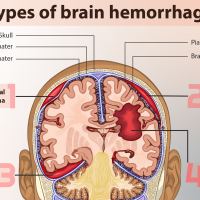

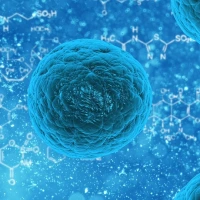


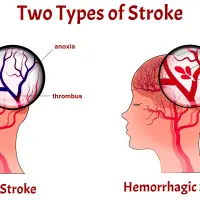


Thanks for sharing this idea. Anita
LikeLiked by 1 person
Thank you so much! You have a great blog too! Have a great day!
LikeLike
Thanks
LikeLiked by 1 person
Interesting 💯
LikeLiked by 1 person
Thank you so much David!! Have a nice day too! Blessings 💯🌼🌷🌻
LikeLike